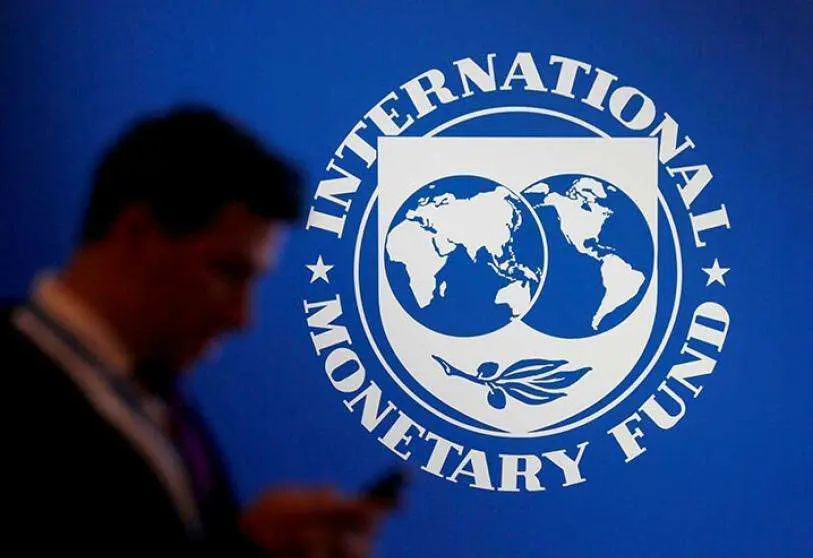Pandemic and Paradigms: IMF's change of direction

The American visionary Richard Buckminster Fuller argued that reality is not changed by wrestling with it, but by creating a new model that makes it obsolete. However, rarely is there an opportunity to reboot reality in order to reshape it. For better and for worse, the recovery from the pandemic is forcing the world to reset critical priorities and to devise new paradigms, because this time, the urgent and the important converge.
This seems to have been understood by the International Monetary Fund, the temple of economic orthodoxy, which has just abandoned the recipes based on public spending cuts, especially in healthcare, which were at the heart of the structural adjustment policies imposed by the Troika in the 2009 crisis. The dismantling of public medical systems has not only ensured that the pandemic has caught us in the cold and in our skivvies, but also that we are dependent on China for having outsourced the manufacture of basic health materials to save costs.
The IMF has apparently concluded that doing the same thing over and over again and expecting different results gets us nowhere, so its director Vitor Gaspar has put his signature on a report openly advocating wealth taxes and transforming the economy so that "everyone has a fair chance to succeed in life".
It is hard to imagine a more explicit recognition that the inequalities that existed before the pandemic have worsened, and that most countries cannot even afford the kind of public support, investment and stimulus that developed countries are undertaking, so the IMF's diagnosis is that tax-cutting policies risk creating "a vicious cycle of inequality that could become a social and political rift", It therefore recommends that governments focus on social safety nets, public health services and education that have suffered years of cuts, advocating tax increases, more progressive taxation, and better use of taxes to distribute income and wealth.
The IMF's justification for these recommendations is that inequality has increased over the past three decades, highlighting how different types of inequality - in wealth, income, opportunity and access to basic services - reinforce each other, creating vicious circles that cross the generational threshold: wealthier parents can afford education and secure better access to employment for their children, which in turn leads to higher incomes and greater wealth, while the reverse is true for poorer parents.
While the IMF report does not imply a withdrawal of its support for the market economy, it is undeniably formulating a reformed capitalism, a kind of global social contract in which the returns to capital are not an end in themselves, knowing that attempting to crystallise a dual social system with a minority of creditors and a majority of debtors can only lead to international revolt and conflict. Thus, at its most basic, what the IMF is proposing is that in order to make wealth redistribution possible and public spending sustainable, the wealthiest and those who have benefited most from the pandemic must increase their contribution to society.
In reality, there is little revolutionary in the IMF's approach. In fact, they were the norm between the 1950s and 1970s, when heavily regulated, heavily taxed advanced capitalist economies experienced massive growth, which led to a full and material increase that brought unprecedented improvements in the quality of life and boosted tourism, leisure and culture.
Happily for the Biden administration, the IMF manifesto is in line with its own policies, but also with Pope Francis' recent encyclical 'Fratelli tutti'. In short, what the IMF manifesto unambiguously proposes is to undo the applied doctrines of Milton Friedman that brought about Schumpeter's 'creative destruction', the crescendo of which culminated in the 'grand finale' of the 2009 financial collapse, from which we had not yet recovered when the pandemic debuted. In any case, the latest report of the IMF's Fiscal Monitor is a watershed that lays the foundations for a new paradigm for international relations for the rest of the century.

